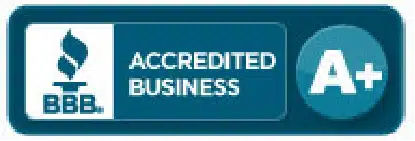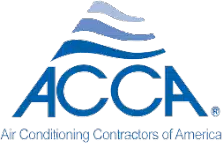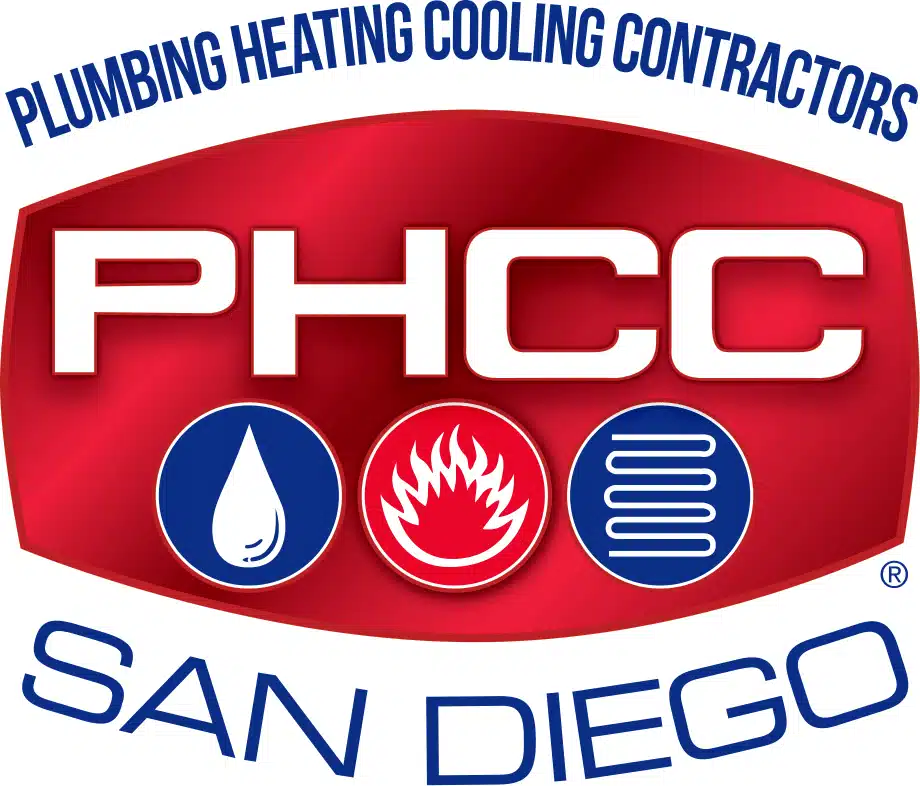North County’s Trusted Plumbing, Heating & Air Experts
Where Comfort Is Elementary
SEE WHY WE STAND OUT
Qualified Technicians
Easy Financing
Committed To Community
VIP Services
SPEEDY SERVICE AVAILABLE TODAY
One of the most important aspects of comfort in your commercial or residential space is maintaining steady and functional heating, ventilation, and air conditioning settings. Any system is bound to require the professional maintenance or care of a trusted North San Diego County HVAC technician, which is why we at Sherlock Plumbing, Heating & Air strive to be your ultimate choice. To our experienced, friendly, and success-driven team, there is nothing more important than focusing on client satisfaction. We prioritize exceeding your expectations each and every time, regardless of your needs.
SCHEDULE SERVICE
TAKE ADVANTAGE OF OUR SMART MEMBERSHIP PLAN
PROVIDING YOU WITH EVERYTHING YOU NEED
At Sherlock Plumbing, Heating & Air, we are proud to ensure that your heating and cooling project is a seamless experience. We take the stress out of the payment discussion by providing several different options to pay for a new system installation and even repairs, without breaking the bank. We are committed to helping you find the right heating, cooling and plumbing solutions for your home – and the right payment options. From the initial consultation, to the financing process, and through the installation, we are there with you every step of the way.
THINKING ABOUT FINANCING?
OUR REVIEWS
Our Most Recent Reviews
Check out our most recent reviews, and then call us for service!








